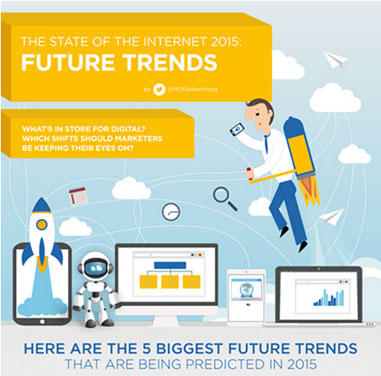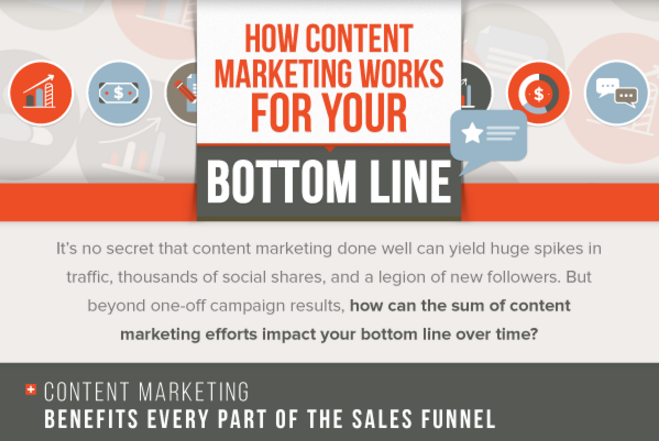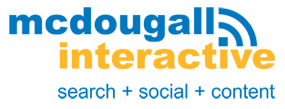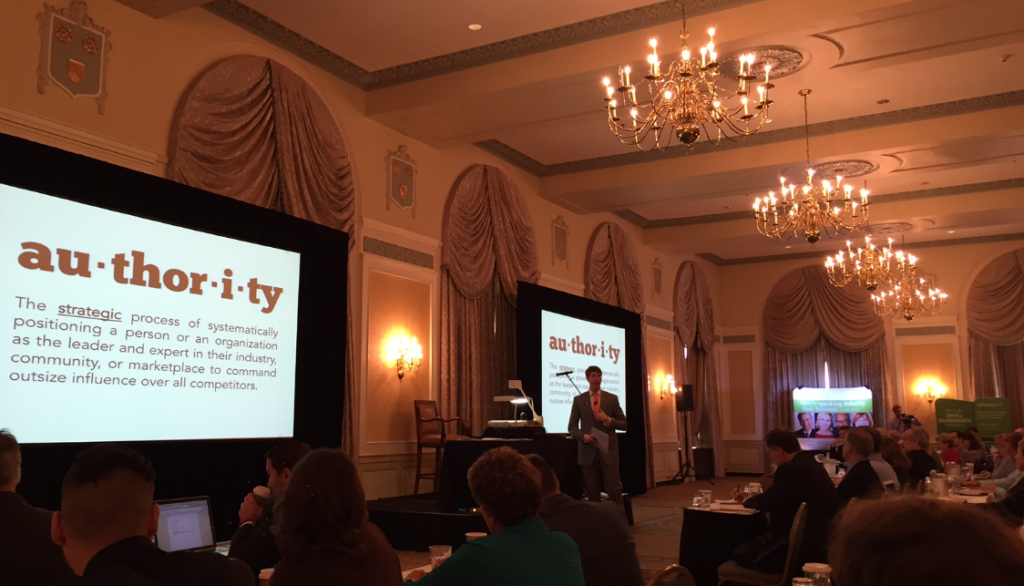
Last week I went to the Authority Marketing Summit in Charleston, South Carolina and the Legal Marketing Association of New England annual conference in Boston. The trends of content marketing and thought leadership continued throughout each of the conferences and here are this week’s favorite digital marketing tips and news.
Dan Kennedy and the Authority Marketing Summit
Dan Kennedy was the main presenter for the Authority Marketing conference and he focused on two key areas: Public speaking and Writing / Media.
I will write a post on this event soon but here are the two main concepts:
- Speak more, LOTS more and get paid for it. Dan generates a million dollars a year speaking. He averages $25,000 per speech and often earns over $100,000 to audiences of 15,000 to 30,000 people. He sells products and successfully “whale hunts” for large clients at his talks with no booking agent.
- Write regularly, including writing for the media and top blogs or as an authority, you will perish. Dan writes an hour minimum per day and says that he literally “wrote himself into existence”.
Dan doesn’t do much with internet marketing yet makes more just from speaking than most small web marketing agencies. He shows how powerful these two main authority marketing tactics can be, even if the internet did not exist.
Check out his books and articles on entrepreneur.com to get a feel for his NO B.S. Style.
Adam Witty and Advantage Media Group
Adam Witty who hosted the Authority Summit says that “professionals that write a book themselves average 3.2 years from first writing to first draft.” I couldn’t agree more, since 3 years is essentially what it took me to get mine done before realizing the hardest part is marketing it!
They have a very similar concept to our “Talk Marketing” system where we interview experts and use the transcriptions to create a blog and eventual book. They focus on the book / writing part and author marketing.
They say that your part of a 250 hour, 3 month project is the 24 hours where you will be taking in interviews. Interviewing experts has worked well for us for many years and it looks like Adam and Advantage Media Group are doing great things with this as well.
Download some of their complimentary ebooks here.
Clint Arthur
Clint spoke briefly at the Authority Summit and shared how he lived on a boat – broke in L.A. -while trying to be an actor for 13 years. He drove a cab for six of those years and cried when one of his frat peers from the Wharton Business School was on T.V after becoming wildly successful with Goldman Sachs.
He swore an oath to change his life, did the amazing Anthony Robbins conference, where you walk on hot coals – I did that and loved it despite a small burn on my toe – and went on to get himself on 57 T.V appearances. This led to The Today Show calling and booking him. Now he has a company Called Celebrity LaunchPad that helps experts get booked on T.V., often starting at the local level.
Clint says: “This is about you gaining the ultimate expert positioning as the leading authority in your topic, about you gaining a national platform, and about you promoting your passion projects on real network news & talk shows all across America”.
LMA New England
I spoke the last two years at the Legal Marketing Association of New England annual conference and this year was only able to attend the last day due to the Authority Summit being on the same dates. I had a great time reconnecting with people and learning what the LMA crowd is up to.
These two talks stood out for me:
Creating a WOW Communications Program
This was a panel of legal marketing experts listed below:
- Lisa Murray, Principal, Trevi Communications, Inc.
- Liz Cerasuolo, Director of Communications, Fish & Richardson
- Leah Schloss, Director of Marketing, Sullivan and Worcester
- Stephanie Solakian Goldstein, Managing Director, Communications and Marketing, WilmerHale
They discussed how paid advertising is not necessarily bad but they are unclear on its effectiveness. Much of the talk was around using content marketing to build thought leadership.
A few quotes
Leah Schloss: “I have been completely brainwashed by HubSpot but it really has changed my life” and “I prefer HubSpot to Google Analytics and I now have more info to give to attorneys about who specifically is looking at their bios and if they should do more whitepapers etc”.
Stephanie Solakian: “If you build it they may not come” and “you can’t manage what you can’t measure”
Liz Cerasuolo: “We have the lawyers write one thing and squeeze every ounce of water out of that rock. We repurpose the one thing they produce into numerous other pieces of content, every way ‘till Saturday”
Lisa Murray did a fantastic job moderating and had fun pics for each section such as this:

Crafting Your Online Story: Demystifying the Process Behind Content Marketing
This session was led by the following legal marketing experts:
Lindsay Griffiths, Director of Global Relationship Management, International Lawyers Network
Adrian Lurssen, Co-founder and VP of Strategic Development, JD Supra
Adrian said that “law firms are now going beyond the basics of social media and content marketing and we are moving into content marketing 2.0.” and advised legal marketers by saying “don’t write about the law but write about how the law impacts the people you serve”.
And Lindsay said that “the number one piece of advice she gives firms is to create an editorial calendar to keep on track” and that “lawyers do not want to be first but they do want to be first to be second, so you can inspire them with competitive analysis”.
HubSpot / LawSpot
Leah Schloss recently was asked to speak at HubSpot and Brian Halligan told her they originally made their software for attorneys. Brain said that law firms didn’t take to it right away so they made it more for everyone. That was a nugget I had not heard before and if anyone has more info on this please let me know in the comments below or email me.
I searched on the history of HubSpot but didn’t find anything relating to law firms.
Conclusion
The common thread in my week of conferences and research is thought leadership. How to get it and how to use it to build your authority. From HubSpot to Law Firms to Dan Kennedy, who is not big on digital marketing, all agree that systematically using your thought leadership plays a starring role in you becoming more successful, whether you are a solopreneur or an expert at a larger firm.
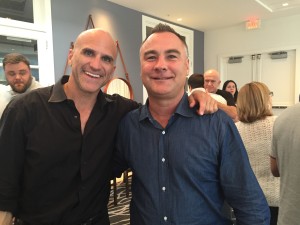
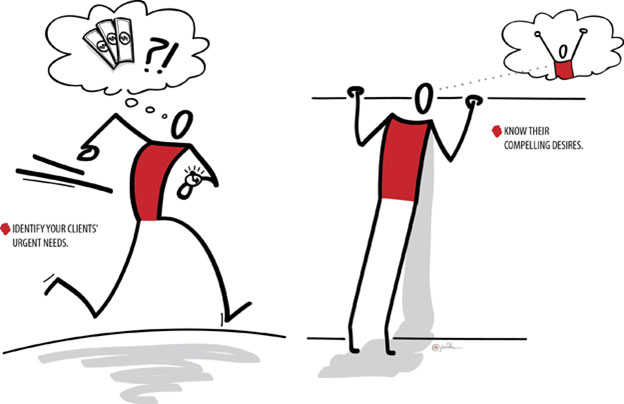
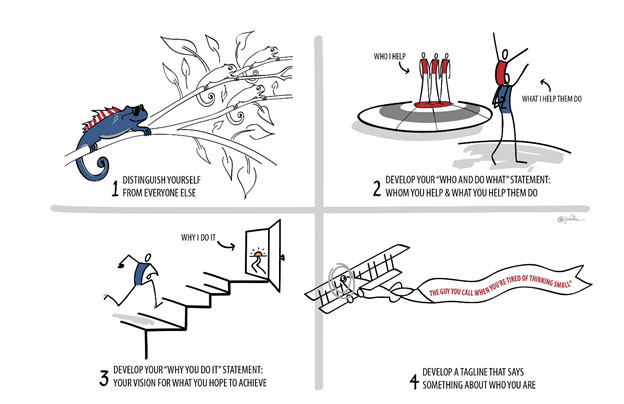
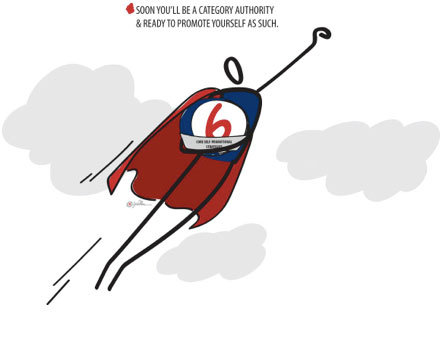
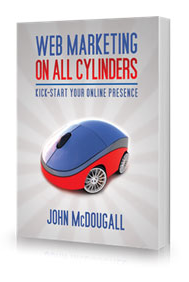
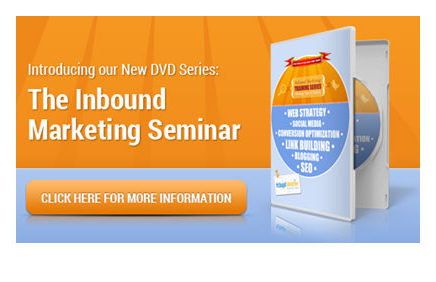
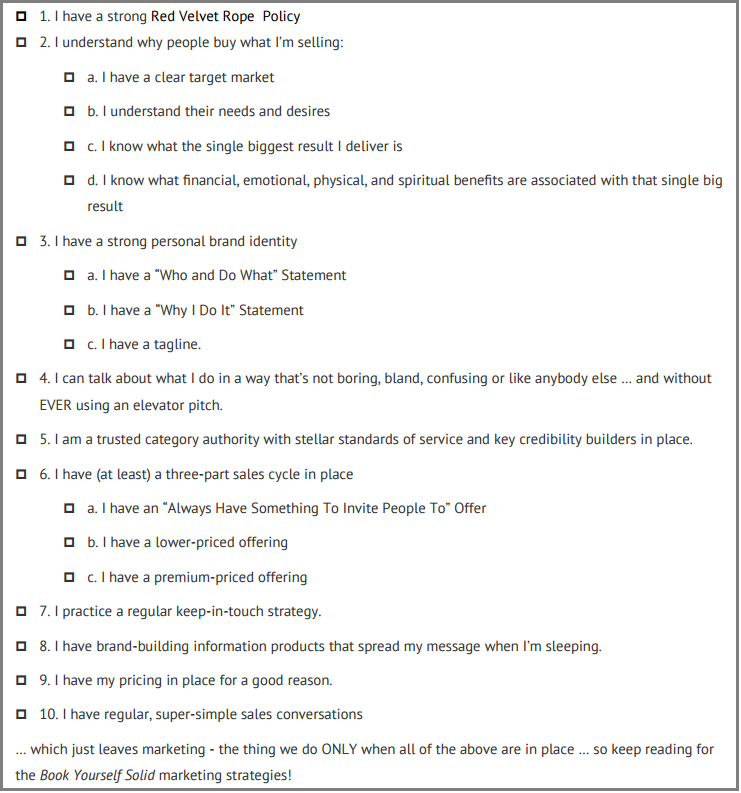
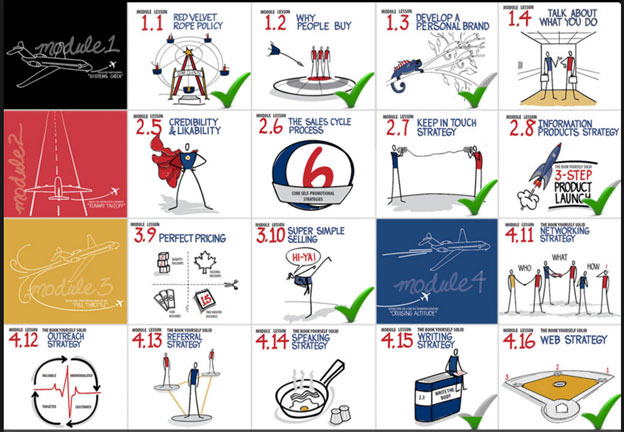
 John McDougall: Hi, I’m John McDougall, and I’m here today with John Maher, the director of multimedia and digital marketing here at McDougall Interactive. Today we’re going to be talking about podcasting your way to success.
John McDougall: Hi, I’m John McDougall, and I’m here today with John Maher, the director of multimedia and digital marketing here at McDougall Interactive. Today we’re going to be talking about podcasting your way to success.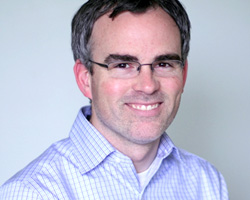 John Maher: Thank you.
John Maher: Thank you.
